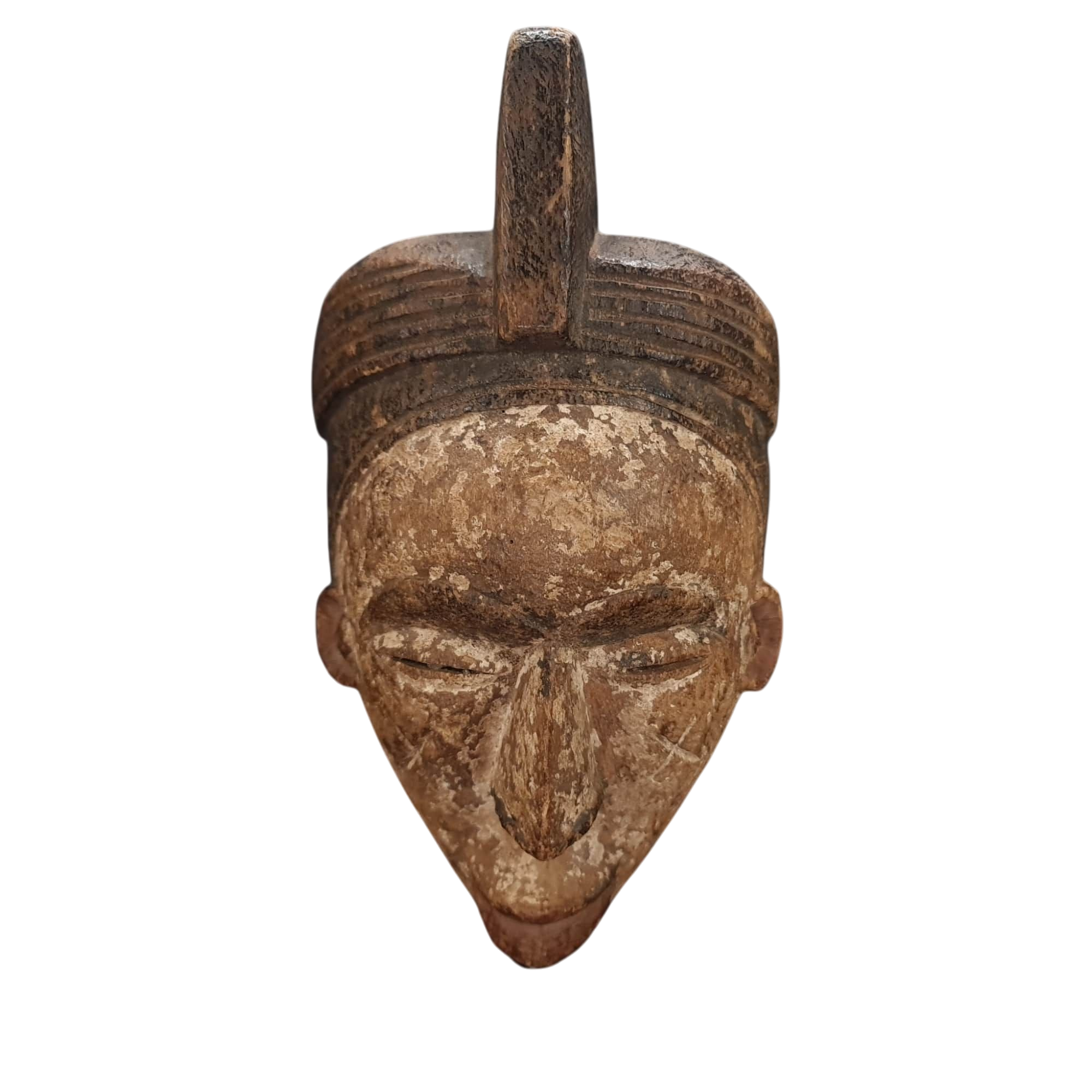The Idoma are an ethnic group primarily found in Nigeria, particularly in Benue State, which is located in the central region of the country. Here’s a detailed overview of the Idoma people, including their culture, traditions, and social organization:
Overview of the Idoma Ethnic Group
Population and Location
- Population: The Idoma people are one of the major ethnic groups in Nigeria, with an estimated population of around 2 million.
- Location: They predominantly inhabit the Benue State, particularly in the southern and central parts. Their territory is bordered by other ethnic groups, such as the Tiv, Ebira, and Igede.
Language
- Language: The Idoma people speak the Idoma language, which is part of the Niger-Congo language family. The language has various dialects and is an essential aspect of their cultural identity.
Culture and Traditions
- Cultural Practices: The Idoma culture is rich in traditions, music, dance, and festivals. They celebrate various cultural festivals, with the most notable being the Idoma New Yam Festival, which marks the beginning of the harvest season.
- Art and Craft: The Idoma people are known for their artistic expressions, especially in wood carving and mask-making. Idoma masks are used in rituals and ceremonies, often depicting ancestral spirits and mythological figures.
- Traditional Religion: While many Idoma people practice Christianity today, traditional beliefs and practices still play a significant role in their culture. They believe in a supreme god (Okwu) and various deities and spirits that govern different aspects of life.
Social Structure
- Leadership: The Idoma society is organized into clans and communities, each headed by a chief or traditional ruler. The leadership is often hereditary, with elders holding significant authority and respect within the community.
- Family Structure: Family is central to Idoma society, with an emphasis on extended family networks. Marriage practices often involve bride price and other traditional rites.
Economy
- Agriculture: The Idoma people are primarily farmers, cultivating crops such as yams, cassava, maize, and rice. They also engage in hunting and fishing, contributing to their sustenance.
- Trade and Commerce: In addition to farming, the Idoma engage in trade, selling agricultural products and crafts in local markets.
Contemporary Issues
- Education: The Idoma people have made significant progress in education, with various primary and secondary schools established in the region. However, challenges remain, particularly in rural areas.
- Politics: The Idoma people have been actively involved in Nigerian politics, with representation at local and national levels. They advocate for their rights and resources within the broader political landscape of Nigeria.
Conclusion
The Idoma people have a rich cultural heritage and play a significant role in the diversity of Nigeria's ethnic groups. Their traditions, language, and social structures reflect a deep connection to their history and environment, making them an integral part of the cultural tapestry of West Africa.
